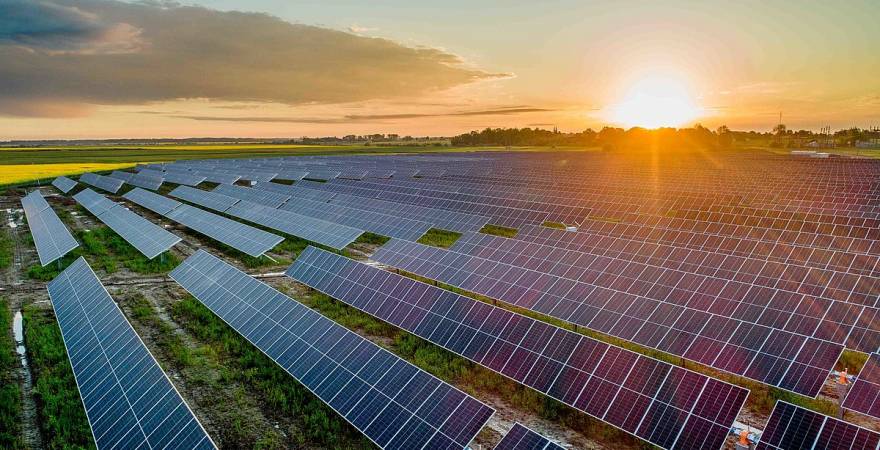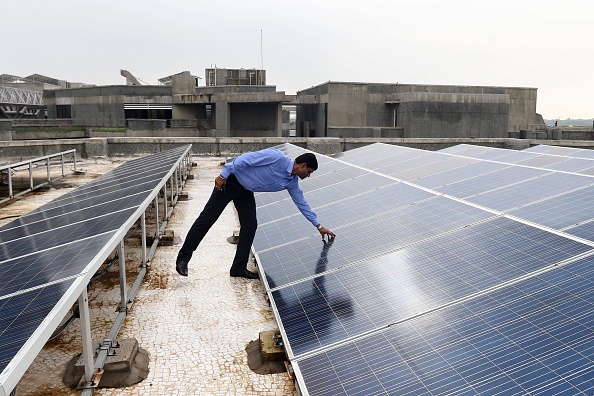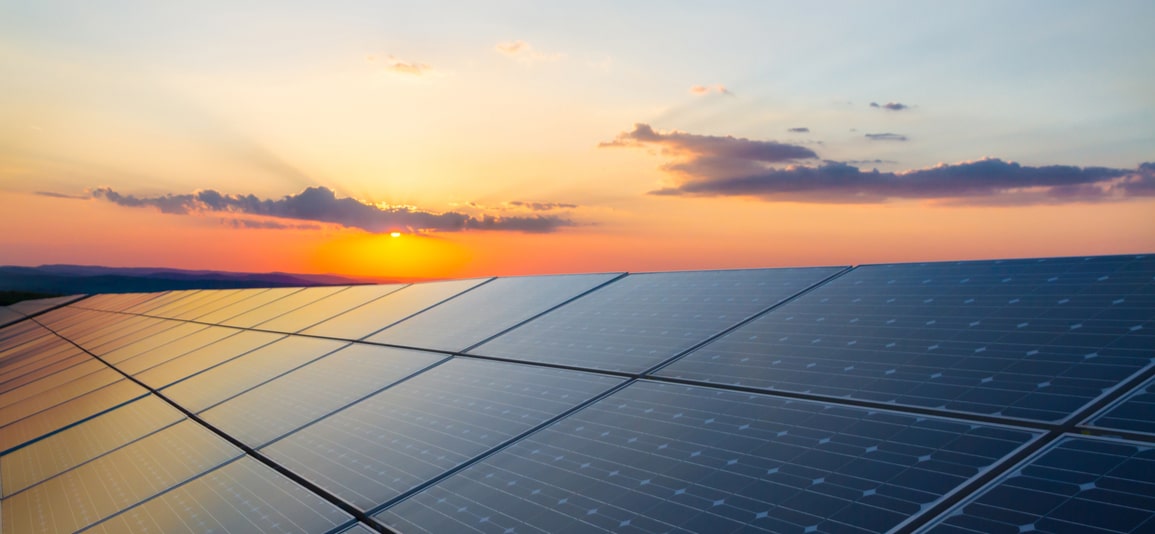How Solar Panels Are Changing Today's Lifestyle

Strong 8k brings an ultra-HD IPTV experience to your living room and your pocket.
In recent years, solar energy has emerged as a powerful solution to many of the energy challenges we face today. As the world shifts toward sustainability, solar panels have become a significant part of modern living. They are not just saving electricity costs but also transforming how we live, work, and think about energy consumption.
Let’s explore how solar panels are changing today’s lifestyle, making our future brighter, greener, and more independent.
1. Lower Electricity Bills, Better Savings
One of the biggest impacts of solar panels on daily life is the reduction in electricity bills. Whether it’s a small home or a large business, installing solar panels helps in generating your own electricity. This means less dependence on grid power and more savings every month.
For households, especially in sunny regions like India, solar panels can cover up to 70-90% of their electricity needs. Over time, these savings add up, providing a great return on investment (ROI).
Example:
- A typical 3kW solar system can save around ₹30,000-₹45,000 per year.
- With subsidies like the PM Surya Ghar Yojana, solar has become even more affordable for Indian homes.
2. Energy Independence and Control
Solar panels provide energy independence. No more worrying about rising electricity tariffs or unexpected power cuts. By producing your own power, you take control of your energy consumption.
Many modern homes now use solar with battery storage, making them fully self-reliant. Especially in rural or remote areas, solar panels have completely transformed lives by providing reliable electricity where the grid was once unstable or absent.
3. Promoting a Greener Environment
Solar panels play a crucial role in reducing carbon footprints. By shifting to solar energy, households and businesses help decrease the reliance on fossil fuels like coal and gas, which are major contributors to air pollution and climate change.
Every kilowatt-hour (kWh) of solar power generated prevents approximately 0.9 kg of CO2 emissions. By going solar, people are directly participating in fighting climate change and protecting the environment for future generations.
4. Empowering Rural and Remote Communities
In remote areas, where electricity from the grid is either unreliable or unavailable, solar-powered homes and schools are bringing light, communication, and education. Solar has empowered these communities with access to:
- Clean drinking water via solar-powered water pumps
- Medical services using solar-powered equipment
- Lighting in homes, improving children’s ability to study at night
Projects like the KUSUM Solar Yojana are specifically aimed at rural empowerment through solar adoption.
5. Boosting Employment and Economy
The growing solar industry is creating new jobs in:
- Solar panel manufacturing
- Installation and maintenance
- Research and development of new solar technologies
Countries like India are promoting “Make in India” with indigenous solar module manufacturing, boosting both employment and the economy. Companies like Bluebird Solar and other solar panel manufacturers in India are playing key roles in this transition.
6. Smart Homes with Solar Integration
With the rise of smart technologies, solar energy is now integrated with smart home systems. Homeowners can monitor their solar energy production in real-time through smartphone apps, optimizing energy use based on weather and household needs.
Combined with electric vehicles (EVs) and solar charging stations, people are creating zero-emission lifestyles, where their cars, lights, and appliances run on clean, renewable power.
7. Government Support Makes Solar More Affordable
Thanks to strong government initiatives, solar energy is no longer just for the wealthy. Central schemes like PM Surya Ghar Muft Bijli Yojana provide subsidies to make solar panels affordable for middle-class and rural families. Additionally, many states in India offer their own incentives to push solar adoption.
These schemes are not only lowering the cost of installation but also promoting awareness about the benefits of renewable energy.
8. Shaping Future Generations
Installing solar panels at homes and schools teaches children about sustainability and responsible energy use. It encourages them to think about eco-friendly solutions in their everyday lives. This shift in mindset is creating eco-conscious generations who prioritize environmental well-being alongside personal comfort.
Conclusion
Solar panels are more than just a source of electricity—they’re shaping a new way of living. From reducing bills to creating self-reliant, eco-friendly homes, and contributing to a cleaner planet, solar energy is powering a brighter and smarter future.
With growing government support, advanced technologies, and increasing awareness, it’s clear that solar power is not just changing today’s lifestyle—it’s defining the future of living.
Note: IndiBlogHub features both user-submitted and editorial content. We do not verify third-party contributions. Read our Disclaimer and Privacy Policyfor details.




